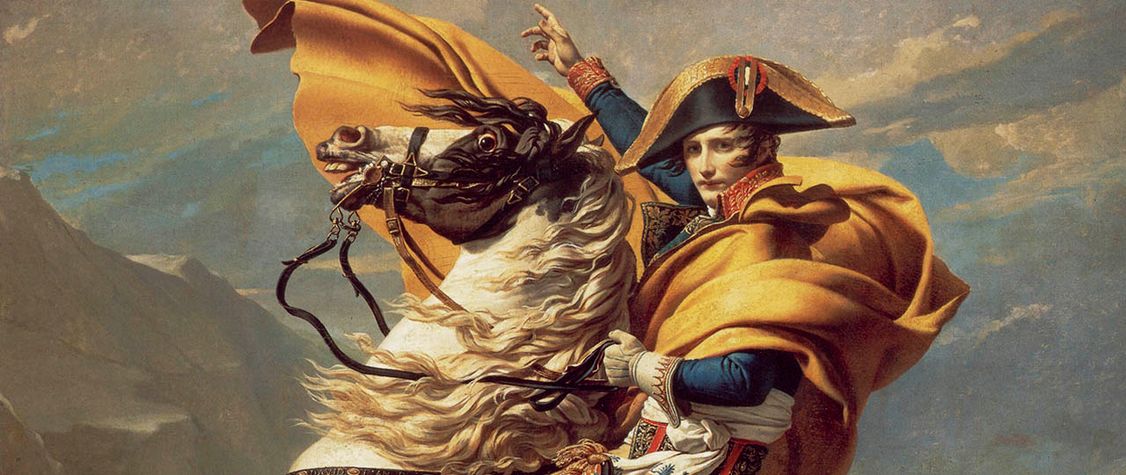For him, it was all or nothing.
Win or lose everything, wring out your vital force to the end to reach the heights of ambition, otherwise what is the point of living as a second lieutenant.
In Napoleon facing death (L’Archipel), the historian Alain Frerejean looks back on this fearless knight, who came close to death thirty times: during a drowning in a garrison, in several youth duels, under shells and grape-shot, during multiple assassination attempts, not to mention the temptation of suicide, which he experienced several times.
History has retained his passage to action, after the first abdication at Fontainebleau, when he took poison in vain on the night of April 12, 1814 … But we discover that the idea of suicide has always haunted this conqueror’s soul , and this, from his youth. So, while he was moping at 16 in his garrison in Valence, far from Corsica and his family, he was already expressing his dark thoughts by writing a memoir on suicide.
“Life is a burden to me, because I don’t taste any pleasure and everything is pain for me… ”he wrote at the time. “What fury then carries me to want my destruction? Without doubt, what to do in this world? Since I have to die, isn’t it worth killing yourself as well? “
A return to Corsica three months later will give him back the taste for life.
Escape from shame
Melancholy returned to haunt Bonaparte a few years later, when he stood still in a Paris in revolution, historian Alain Frerejean reminds us.
He has been taken away from his general assignment and feels rejected, useless, in complete failure. He was offered a position to go and crush the Vendeans, he refused, not wishing to shoot civilians. And then speaks of new suicide: “If this continues, my friend, I will end up not turning away when a chariot passes”, he wrote in August 1795 to his brother Joseph.
According to the author, the resumption of military campaigns expelled those dark thoughts from Napoleon’s mind, which meant that the suicide option was for him a way to escape shame and escape from enemies.
Non-lethal poison dose
Frerejean adds in his book that Napoleon took with him during the war with Russia a bag of poison to drink in case he fell into captivity. During the French campaign of 1814, when massing his forces against the Allies, he wanted to commit suicide by getting as close as possible to the machine gun. In the city of Arcis-sur-Aube, a shell fell near his horse and nearly killed him.
In the heat of the battle, Napoleon sent a letter to the Marquis de Colincourt, writing, “Life is unbearable. I did everything to die at Arcis, but the cannonballs did not kill me.”
On his return to Fontainebleau, Napoleon ingested the poison that he brought with him on all his military campaigns. In the middle of the night he called his loyal servant de Colincourt to bequeath him his wife and son, but he spent that night in pain and vomiting, and the dose was not fatal.
New conviction
A year later, with his forces imminently defeated at the Battle of Waterloo, Napoleon again sought suicide, telling his top commanders “We must die here! We must die on the battlefield!” But Marshal Salt managed to persuade him to abandon his idea and return to Paris.
Later, suicidal thoughts attacked Napoleon again, and he kept a small bottle of poison given to him by his physician Corvisart, after he had read the story of the death of Cato, who preferred to stab himself with a sword rather than submit to Caesar.
After his exile to Saint Helena, Napoleon preferred to survive, and was convinced – as Frerejean says in his book – that the real heroism is to overcome the troubles of life, not suicide.

